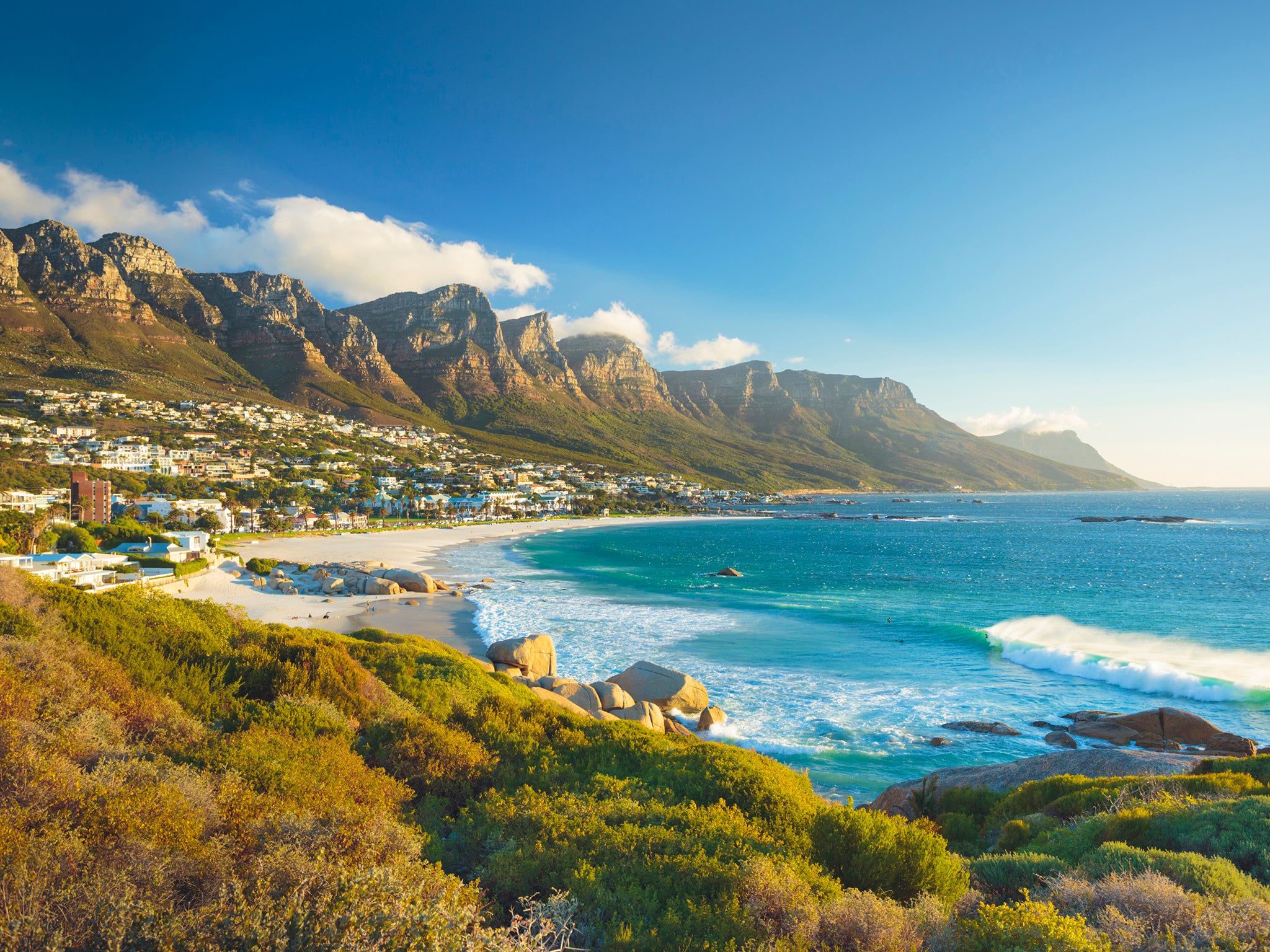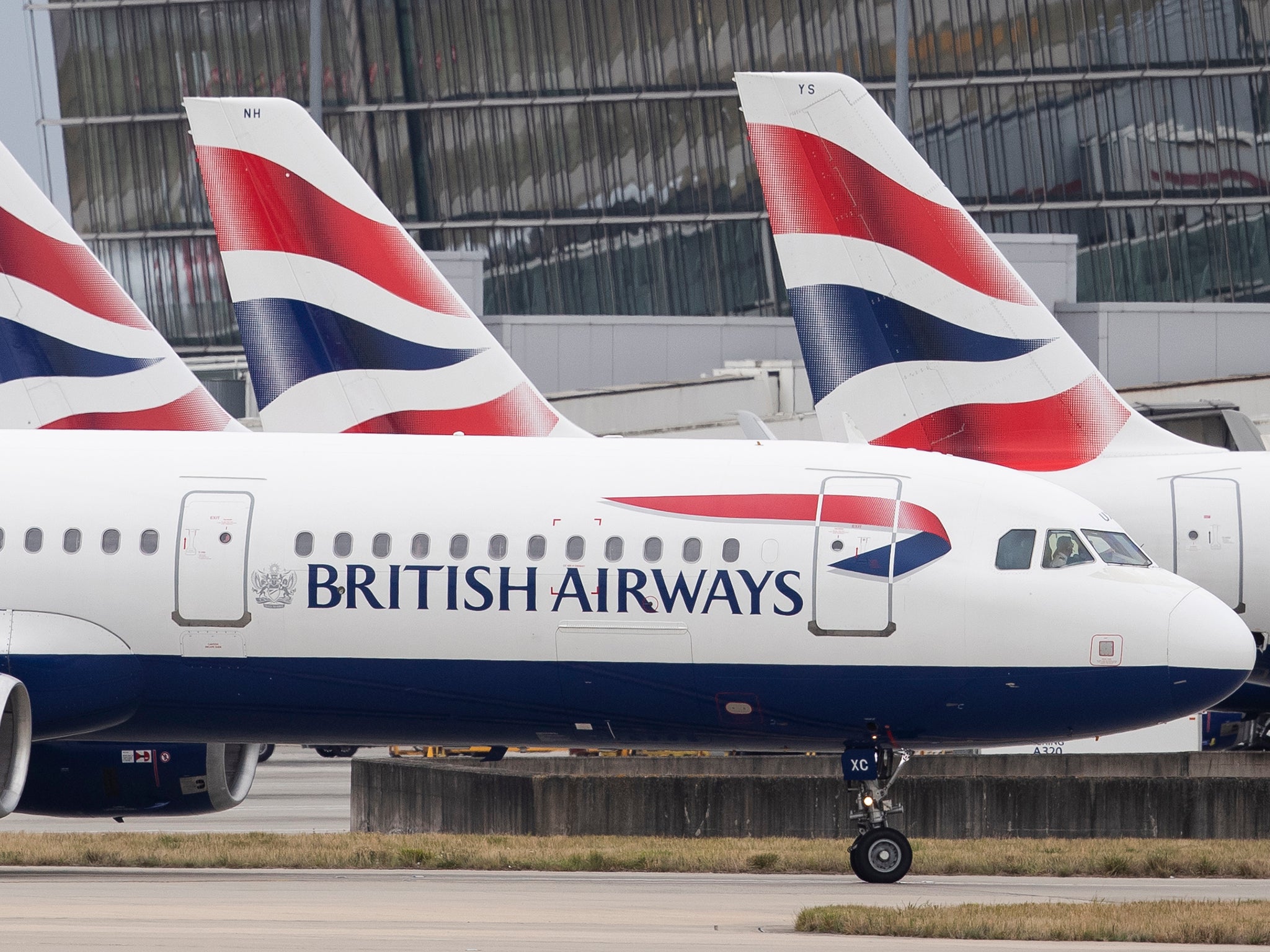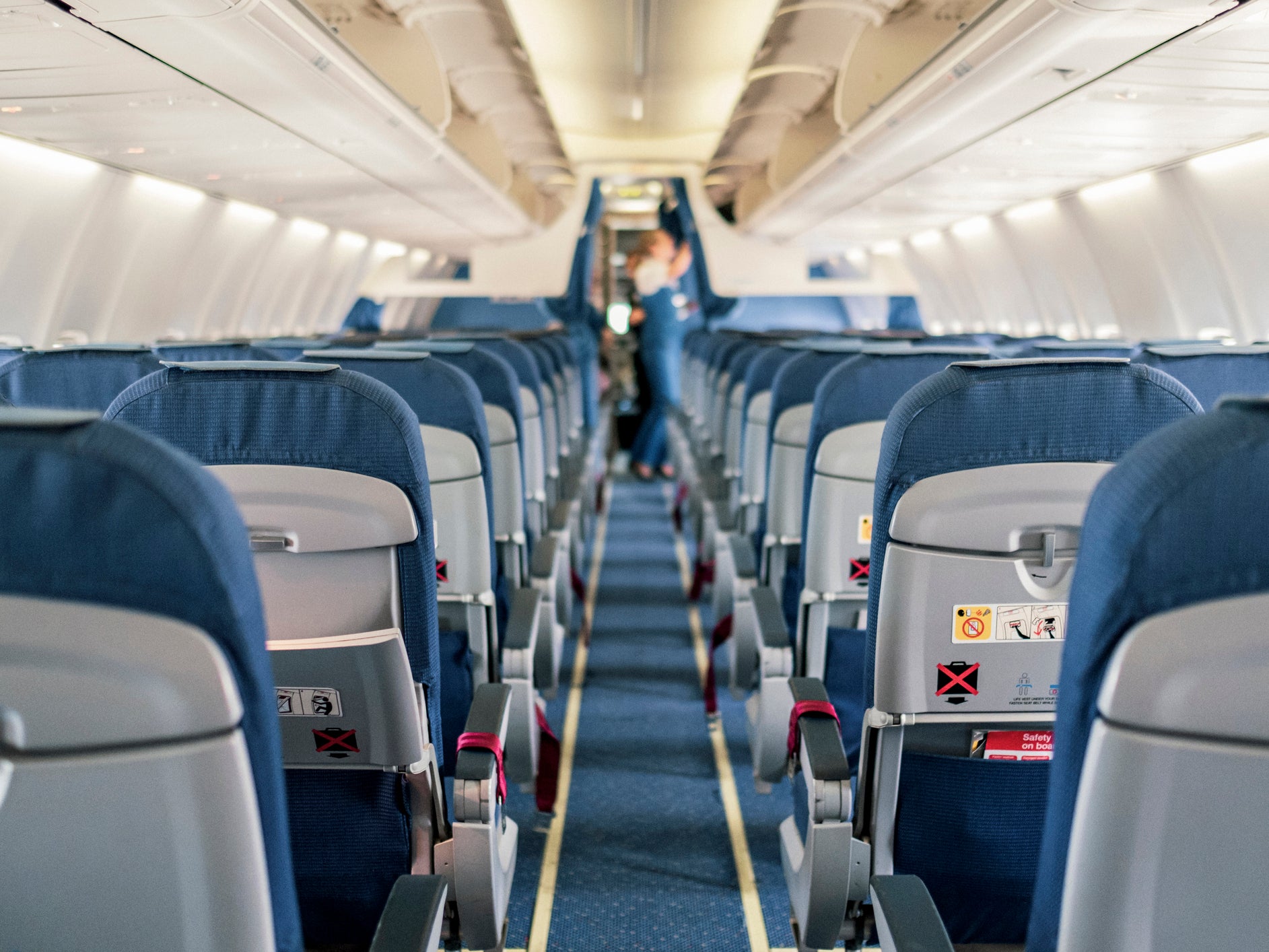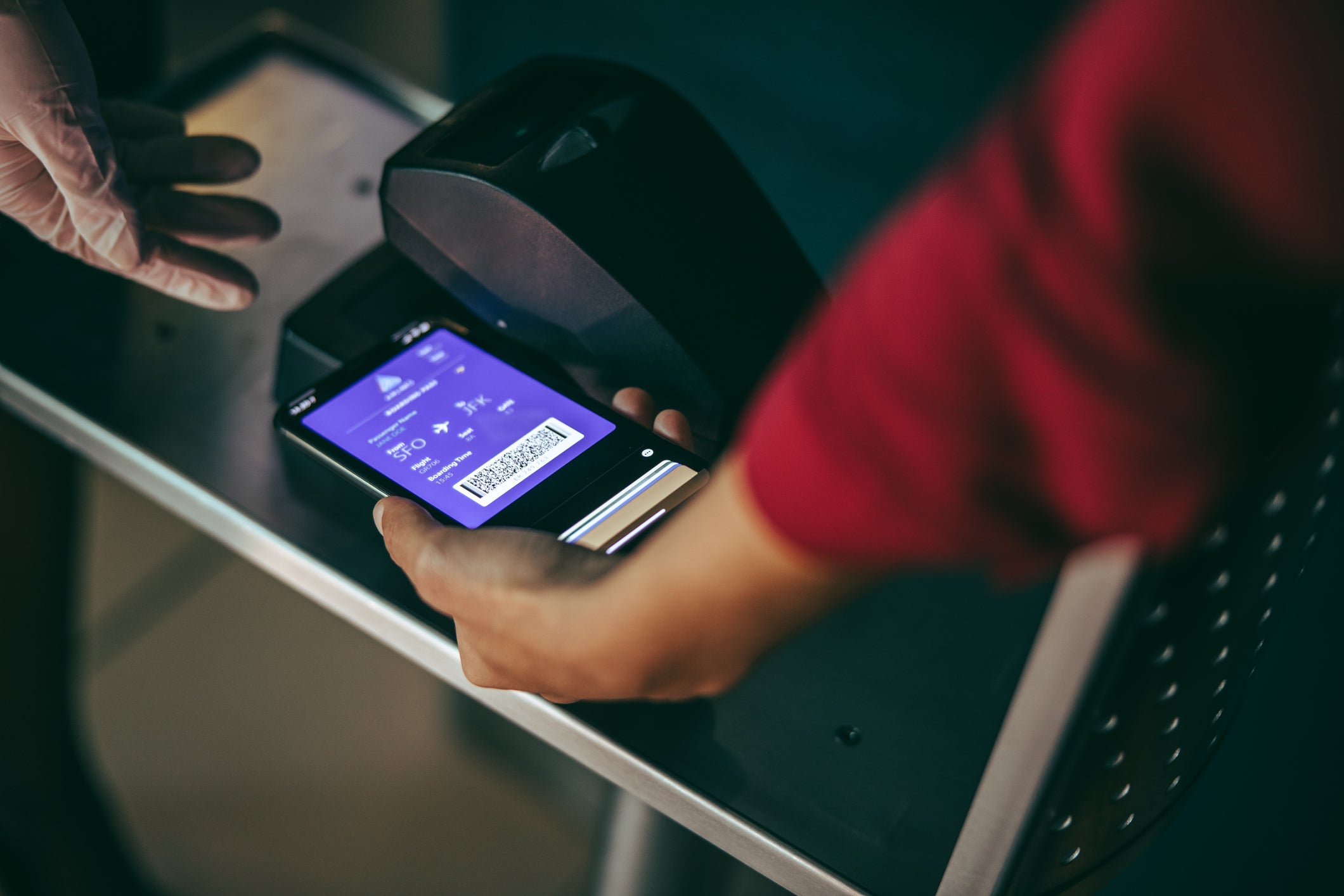Do I need a negative PCR test to enter South Africa?
Simon Calder answers your questions on Covid testing, refunds and boarding passes


Q Is a PCR test still required to enter South Africa? The UK government says it is but the British Airways website says it isn’t. Help.
Anonymous
A Do not rely completely on either of those sources to inform you of any country’s Covid-19 travel restrictions. In a fast-changing world, the Foreign Office does what it can to keep up to date, while airlines have dozens of staff deployed in a constant battle to ensure that they reflect the latest rules for the nations they serve.
Carriers have three added complications:
1. Being the first (and often only) line of defence in policing passenger compliance for the correct certification – whether tests or jabs – and the red tape involving online forms.
2. Facing fines from the government in the destination if they fly in someone who is not qualified to enter.
3. Liability for hundreds of pounds in compensation if they deny boarding to someone who does meet the Covid conditions.
So airlines face a lot of pressure to get decisions right. But ultimately the only thing that counts is the official policy of the country involved. So I always seek the latest entry requirements from the tourism organisation for my destination.
South Africa Tourism tells me its current rule is simply “jab or test”. For fully vaccinated arrivals, that means proof of vaccination upon entry (although in practice the airline will always check that you have it before you are allowed on board).
For unjabbed travellers, it’s a negative PCR test, with the swab having been taken within 72 hours – although annoyingly there is no clarity whether that is before arrival in, or departure to, South Africa. Best to assume the former; always err on the side of caution.
Finally, South Africa Tourism adds that you must complete the “traveller health questionnaire” upon arrival.

Q I am currently in Malta on a British Airways holiday. After all the disruption at Heathrow they cancelled my flight home just 12 hours before check-out. I emailed the BA emergency address five times, messaged on Twitter and rang them, with no avail.
All British Airways flights were full for the next 48 hours. As I needed to be back before then, I booked an Air Malta flight to Heathrow and extended the hotel stay by one night. Unbelievably British Airways then reinstated the flight. Do I have to take it – and what happens to the extra I spent?
Name supplied
A This is a really tricky one. Wednesday afternoon and evening saw more than 100 flights cancelled by BA, with disruption continuing into Thursday. A spokesperson told me: “We’ve apologised to our customers and are offering to refund or rebook them onto alternative flights, providing refreshment vouchers and hotel accommodation where needed.”
Had the flight stayed cancelled, your position was clear: British Airways was obliged to provide an alternative flight as soon as possible, on another airline if need be. The carrier was also responsible for meals commensurate with the delay and, if necessary, a hotel room; plus £350 compensation for an arrival delayed by three hours or more.
With tens of thousands of passengers booked on cancelled flights, it’s not surprising that customer service was a little overwhelmed. It appears you were not among those whose welfare was addressed. Instead, you appear to have done all you could to contact the airline.
Having made every effort to invite British Airways to provide the help you needed, it was reasonable to go ahead and make your own arrangements. You had no way of knowing that the flight could or would be reinstated.
So I believe you can go ahead and reclaim the extra costs from BA. But in order for that to succeed, you must do all you can to mitigate the financial damage. Specifically, if the hotel and/or Air Malta will offer total or partial refunds then you must apply for them. Unless they both say, in writing, that you are due not a cent back, then regrettably you cannot stay on – even though there is an airline seat and hotel bed with your name on. Doubly frustrating, I agree.

Q I booked to fly to Germany last autumn with my sister, in business class. Unfortunately, she caught Covid-19 a few days before we went so couldn’t travel. She has tried to claim the cost of the flight back from her travel insurance and they have asked her for a “did not board” confirmation by email or letter from the airline.
I have sent two requests via their online facility. But apart from getting an automated “thanks for the message” response, I have not got a meaningful response. Then I contacted the airline on social media and was assured they have escalated the issue a number of times. But I can’t do anything more to get them to reply. Any advice?
Dave M
A How frustrating: you need a simple but official statement that your sister did not take the flight she was booked on – but it is proving maddeningly difficult to obtain. Evidently, airlines are great at flying people safely around Europe and the world but not so expert at communicating on after-sales matters. You seem to have tried everything; unfortunately, there is no law that I can point to requiring the carrier to respond.
So, what do you do now? Go back to the travel insurer. You should be able to demonstrate to the firm that you have tried to meet their request but the airline is not forthcoming. They should accept that – especially if you have any proof (photographic or administrative) placing you in the UK and not in Germany at the time of the trip. In extremis, you could send in a scan of every single page of your sister’s passport; since Brexit, UK travellers are stamped in and out.
If your insurer still refuses to settle the claim, contact the Financial Ombudsman Service. In the past the service has proved helpful on travel insurance issues where insurers have not been customer friendly. At the back of my mind, though, is: why is this an insurance issue at all? I am really surprised that the airline did not offer anything in terms of flexibility: notably a voucher with a decently long expiry date? That would have saved you the travel insurance claim and all the bother that goes with it.

Q How common is it for someone to board a plane without a valid boarding pass? I’ve just been on a flight when, before it left, a passenger discovered he had got on the wrong flight. He was in such a tizzy that he even left his hand baggage on board and had to go back for it.
Name supplied
A The general principle in aviation is: if something can possibly go wrong, it probably will. And people boarding the wrong flight (almost always in error, rather than deliberately) continues to be a problem.
The standard departure gate check, as you know, involves your boarding pass being scanned. It confirms you are expected to be travelling, and comes up with your name which is then checked against your passport. The system should be set up so that anyone with a “rogue” boarding pass is easily identified and directed to the correct gate. But if ground staff are under pressure, they may miss this being flagged.
If the scanning equipment is faulty (or, at some smaller airports, it does not exist) then a manual check may be made. I can imagine a weary and hard-pressed member of ground staff failing to differentiate, say, between ALC (Alicante) and ALG (Algiers) and waving an errant passenger through.
When this happens, the error is normally swiftly identified because two travellers will have the same seat number; the “proper” passenger stays on while the wrong’un is escorted off the plane. But if there is no one assigned to the seat, that safeguard can be breached, too. I have over the years reported on a number of incidents when passengers have ended up in the wrong country. And in the days when everything was on paper, the incidence of people getting the wrong flight was even higher.
On a Manchester-Toronto flight I met a chap who had, the previous night, boarded what he thought was a Toronto-Montreal hop – but two hours into his journey realised he was heading for the UK.
All very inconvenient but not, I believe, a security hazard. Anyone who gets “airside” has had themselves and their possessions checked by airport security. But I hope the number of cases reduces.
Email your question to s@hols.tv or tweet @simoncalder


Join our commenting forum
Join thought-provoking conversations, follow other Independent readers and see their replies
Comments